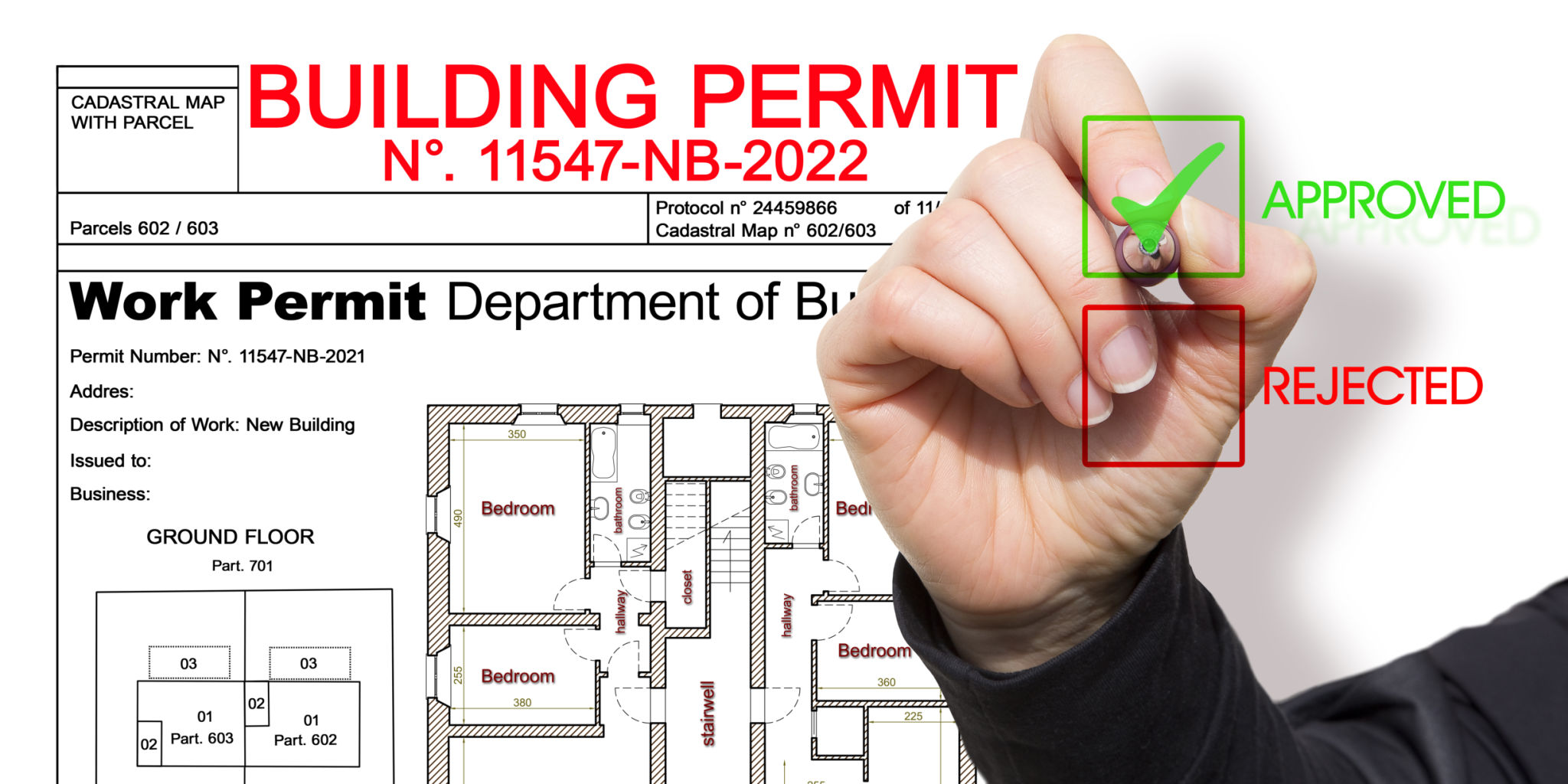Understanding Local Building Regulations for Home Renovations
Introduction to Local Building Regulations
Undertaking a home renovation project is an exciting journey, but it's crucial to understand the local building regulations before you start. These regulations ensure the safety, health, and environmental standards of construction are met. They vary significantly from one region to another, making it essential to familiarize yourself with the rules specific to your area.
Failure to comply with these regulations can lead to legal issues, fines, or even the need to undo completed work. Therefore, having a solid grasp of what's required can save you time, money, and stress in the long run.

Why Building Regulations Matter
Building regulations are put in place for several reasons. Primarily, they aim to ensure the safety of all occupants by setting standards for structural integrity, fire safety, and accessibility. Additionally, they help preserve the aesthetic character of neighborhoods and protect property values by ensuring that renovations are done properly.
Moreover, these regulations often include requirements for energy efficiency and environmental impact, promoting sustainable building practices. By adhering to these standards, homeowners contribute to a more sustainable future while potentially reducing their energy bills.
Identifying Applicable Regulations
The first step in understanding local building regulations is identifying which ones apply to your project. This often involves contacting your local government office or checking their website for guidelines specific to home renovations. Each municipality may have different requirements based on the type and scope of the renovation you plan to undertake.
For extensive renovations, you may need to obtain permits or approvals from multiple departments, such as zoning, fire safety, and environmental health. It’s advisable to compile a checklist of all necessary permits and approvals before starting your project.

Common Regulations for Home Renovations
While regulations vary by location, some common areas covered include:
- Structural Changes: Any modifications affecting the building's structure usually require inspection and approval.
- Electrical Work: Upgrades or changes to electrical systems often need to be performed by licensed professionals and inspected for safety.
- Plumbing: Similar to electrical work, plumbing changes must comply with health and safety standards.
- Energy Efficiency: Many regions have set minimum standards for insulation, windows, and energy systems.
Understanding these common regulations can help you better prepare for your renovation project.

Navigating the Approval Process
Navigating the approval process can be daunting, but preparation is key. Start by gathering all necessary documents, such as detailed plans, specifications, and any previous permits related to your property. Submitting comprehensive and accurate applications increases the likelihood of swift approval.
Consider hiring a professional architect or contractor experienced in local regulations to assist with the process. Their expertise can prove invaluable in ensuring compliance and streamlining interactions with regulatory bodies.
Conclusion: Staying Informed and Compliant
Understanding and adhering to local building regulations is a vital step in any home renovation project. Doing so not only ensures the safety and legality of your work but also protects your investment. By taking the time to thoroughly research and comply with these regulations, you set the foundation for a successful renovation that enhances your home's value and functionality.
Remember, staying informed is your best tool for navigating the complexities of building regulations. With careful planning and attention to detail, you can confidently embark on your renovation journey.
